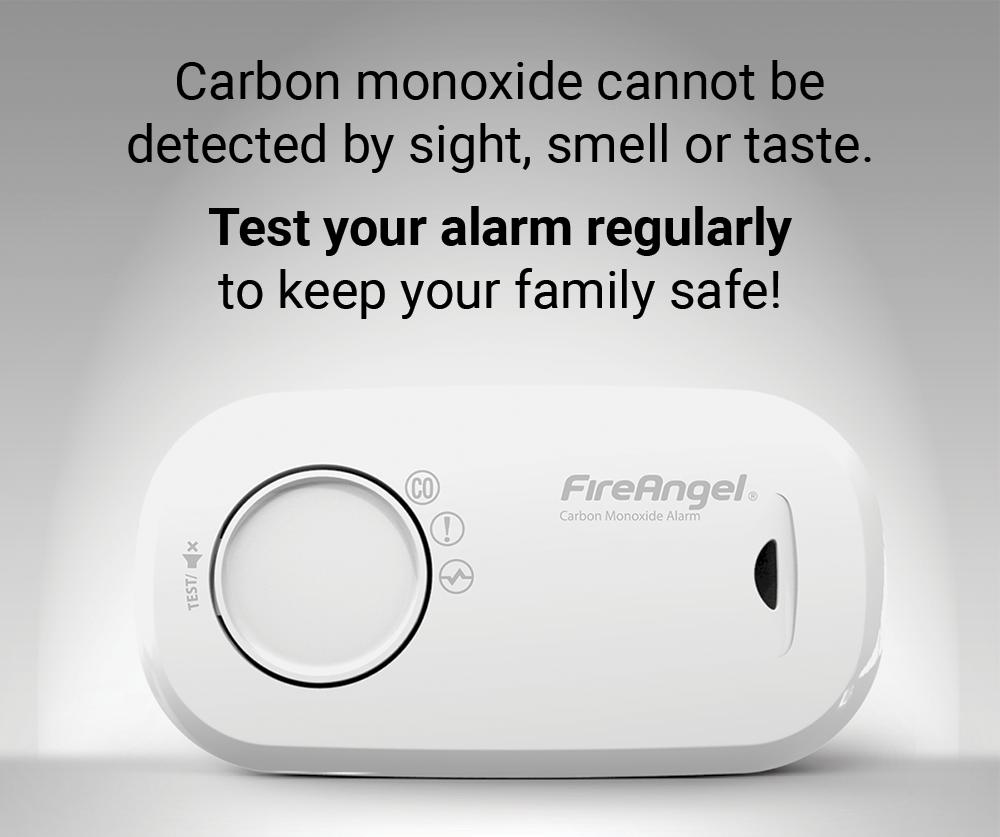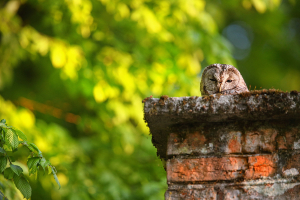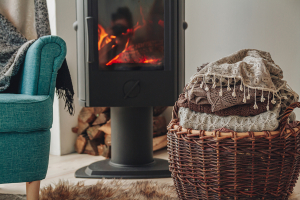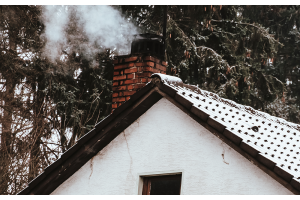
Carbon monoxide cannot be detected by sight, smell, taste, or irritation of the airways; therefore people can be unaware of exposure, particularly if the symptoms are not severe enough to be recognised as an acute poisoning event. Carbon monoxide (CO) is a poisonous gas attributing to over 60 deaths per year in England and Wales!
Carbon Monoxide (CO) is an extremely poisonous gas that can be present in the fumes from the combustion of fuel’s which aren’t burnt under the correct conditions.
Fuels such as gas, oil, solid mineral fuel and biomass all have the potential to emit CO. The gas cannot be seen, smelled or tasted making it difficult to detect. There are measures you can take to protect yourself.
How to make sure your home is safe
Make sure any gas cooking appliances are checked every year by a registered engineer.
Get your gas and solid fuel appliances installed by a Gas Safe or HETAS registered engineer and ensure that these appliances are regularly maintained and your chimney is swept.
Install a good quality carbon monoxide alarm in every room that fuel is burned in and test it regularly to ensure it is still working properly. It's important that the CO alarm is positioned high up in the same room as the potential source of carbon monoxide, but don't install it above a source of heat or steam.
DO NOT block vents as these are needed to allow enough fresh air into the room.
DO NOT block gas flues, vents, airbricks, or chimneys as these take away burnt gases and dangerous fumes from the appliances.
Look out for symptoms of carbon monoxide poisoning
You and your family are most at risk when you are asleep. Carbon monoxide poisoning is often confused with flu because the symptoms include:
- severe headaches
- chest or stomach pains
- drowsiness
- confusion
- nausea
- dizziness
- feeling very tired
- loss of memory
Symptoms may be less severe when you’re away from the source of the CO. If this is the case you may have a carbon monoxide leak, and should ask a qualified professional to check appliances immediately and seek medical advice.
What should I do if my CO alarm goes off?
When you hear a CO alarm sound, you'll need to immediately follow these steps.
- Open all the doors and windows in the house – this will help to clear some of the gas.
- Turn off your fuel-burning appliances – this includes boilers and fires. You should also avoid switching on any lights.
- Leave the house and seek medical advice – if you're showing symptoms of CO poisoning, contact a doctor or call 999 for an ambulance.
- Call the relevant helpline for the fuel type: gas emergency helpline 0800 111 999.
- Get your appliances serviced – dangerous levels of carbon monoxide need to be dealt with as soon as possible.
If you're looking for a carbon monoxide alarm replacement, we can help. With the latest sensing technology, a clear loud alarm and BSI Kitemark approval, our carbon monoxide alarm offers the highest level of detection for your home and is in stock and available to buy today.





